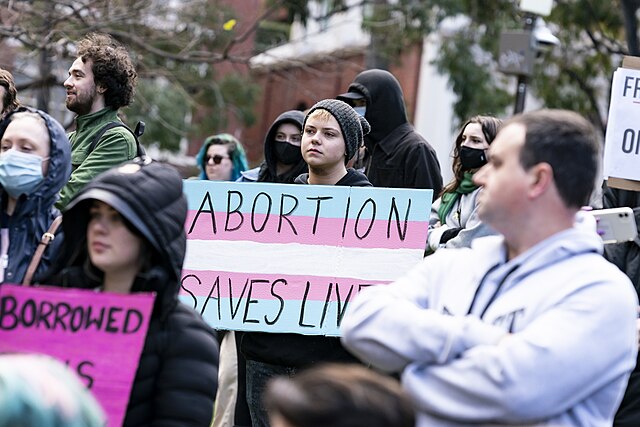On Sept. 16, 2018, the University of Maryland, Baltimore County administration called its first meeting to discuss the reports of mishandled sexual assault allegations with student leaders. Almost a year later to the day, the Retriever Courage Implementation team hosted a fall gathering to update the campus on the measures being taken by the university to address both the internal and external reports released in May 2018, which detail recommendations for the future of sexual assault prevention on campus.
The Retriever Courage team, which was formed in November of last year, is composed of UMBC administrators, faculty, staff and students. Over the past year, over $750,000 have been invested in the university’s efforts to address sexual violence and misconduct.
The gathering highlighted steps the campus is taking to improve responses to and prevention of sexual violence and misconduct, as suggested in the reports filed by the Retriever Courage Student Advisory Committee, Retriever Courage Faculty/Staff Advisory Committee and external Title IX consultants Jody Shipper and Cherie Scricca of Grand River Solutions.
The reports, which total 134 pages, include the recommendations for campus improvements that are catalogued on the Retriever Courage website dashboard, a new feature that aims to improve communication between the Retriever Courage group and the campus community.
Recommendations common to all reports will receive immediate attention, and the ongoing work regarding UMBC’s response to sexual and gender-based violence and misconduct will be managed by the new Office of Equity and Inclusion (OEI). This office will include the Title IX office, which is moving from its previous position within the Office of the General Counsel, a position that two recommendation reports explicitly called a “conflict of interest.”
The office will be composed of a Director, Title IX coordinator, two Title IX investigators, a Training Programs Coordinator and a Case Manager, and will report to Candace Dodson-Reed, university Chief of Staff and Executive Director of the OEI.
Dodson-Reed, who recently celebrated her one-year work anniversary at UMBC, has spent much of her time as Chief of Staff directing the university’s response to sexual misconduct. As the 2019 academic year begins, she hopes to continue to engage the campus community by reaching out to student leaders and staff members to share the changes that have been made.
“I’m excited about this opportunity we have, even if it came on the heels of a huge challenge,” Dodson-Reed said.
These reforms come in tandem with policy changes from the Maryland General Assembly. House Bill 913, which was signed by Governor Larry Hogan in May 2018, makes revisions to Title IX processes across all Maryland institutions of higher education. These revisions include prohibiting Title IX investigators from considering a student’s prior sexual history with an individual unless it proves prior sexual misconduct or the source of an injury, supports a claim that a student “has an ulterior motive” or impeaches a student’s credibility after the student has put their prior sexual conduct at issue. The bill also prohibits Title IX investigators from considering a student’s history of mental health counseling, treatment or diagnosis.
Additionally, the bill permits both students alleging sexual violence or misconduct and students accused of sexual violence or misconduct to access attorneys through the Maryland Higher Education Commission.
House Bill 913 also influenced the UMBC Title IX office to develop a new online form through which students can submit sexual assault reports. The data obtained from this form will “improve the Title IX office’s ability to track reports from the campus community,” “enhance tracking and communications of Title IX process for reporting and responding parties” and allow for the office to “analyze for patterns, training opportunities and process improvement,” according to the Retriever Courage dashboard page for Title IX processes.
Suggestions for an electronic reporting form were also found in all three reports, but only the Student Advisory Committee (SAC) specifically suggested a case tracker. “Students have been a really big part of this process,” said Aliya Webermann, a graduate student and the co-chair of the SAC, at Wednesday’s gathering. “We’re not being overlooked. We’re not being ignored.”
But despite the progress that has been made, UMBC President Freeman Hrabowski III reminded the gathering’s attendees that the work was not finished.
“Success is never final,” Hrabowski said.
Photo: Retriever Courage hosted a gathering to inform the campus community about upcoming plans and initiatives. Photos by Eliska Merchant-Dest.


